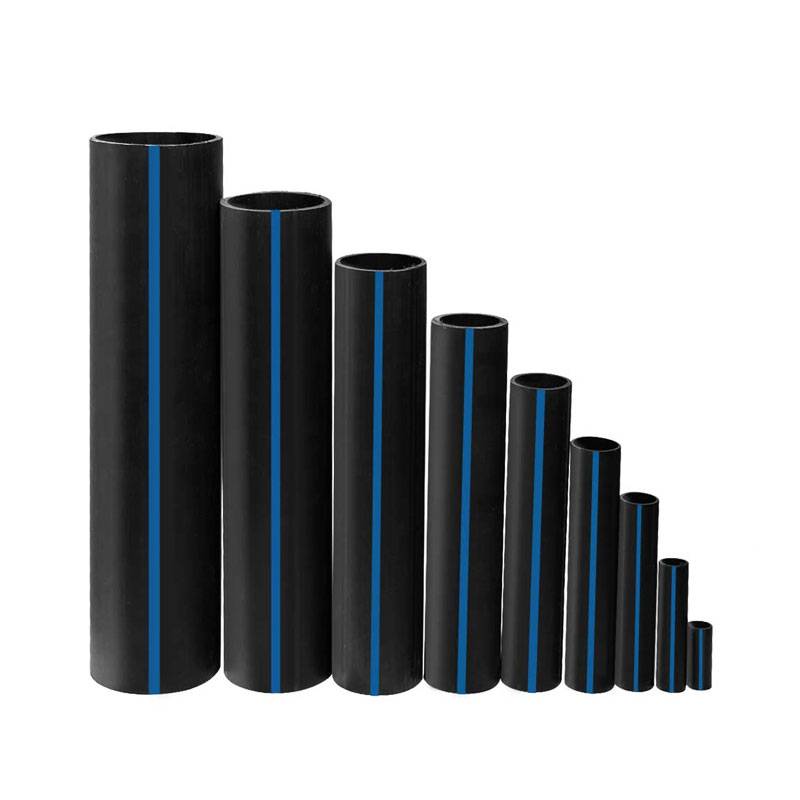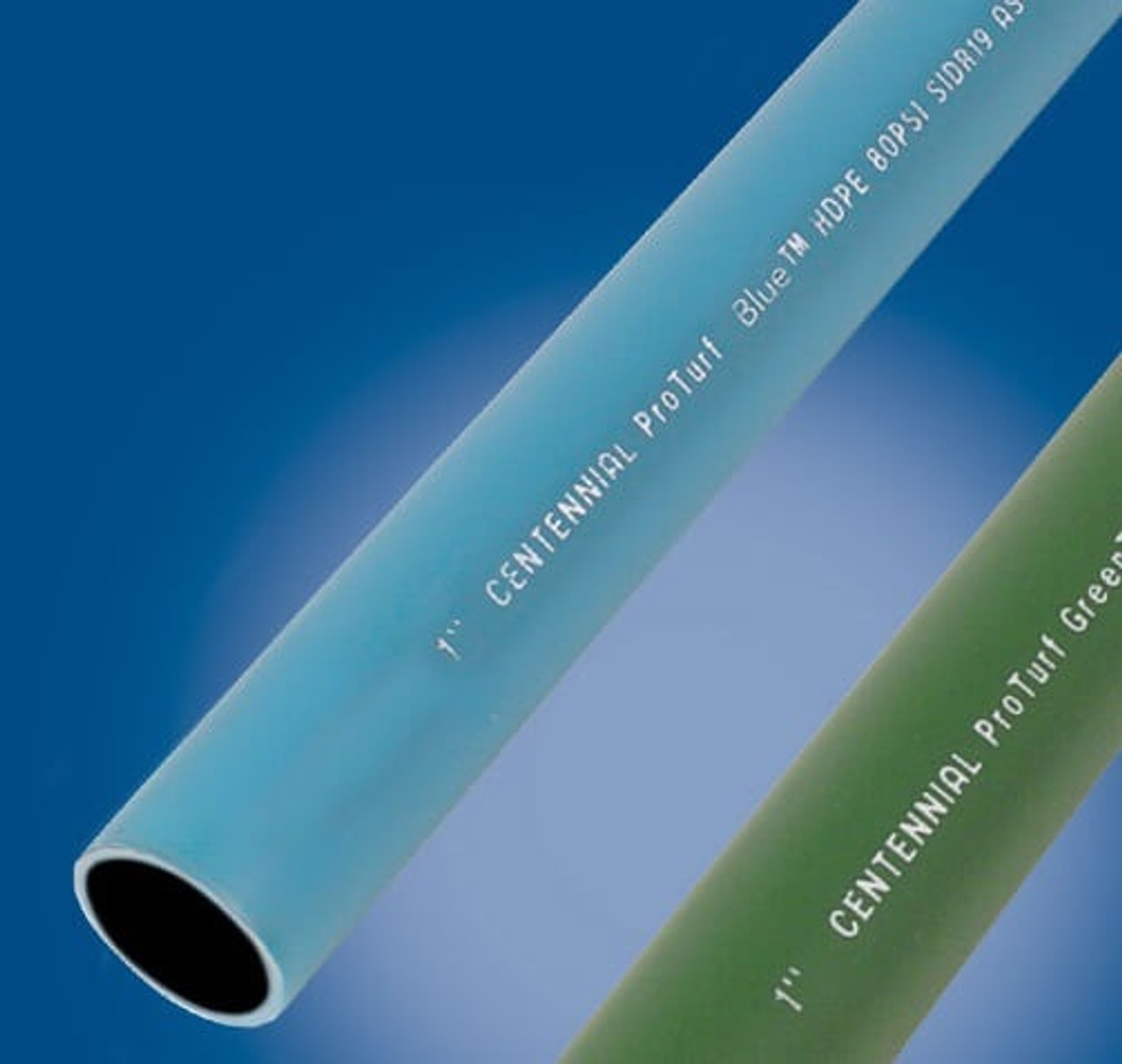Where Contractors Can Get Midland TX HDPE Pipe Fittings in Stock for On-Demand Needs
Comprehending the Trick Conveniences of HDPE Pipeline for Water and Wastewater Management
Making use of HDPE pipeline in water and wastewater monitoring provides various advantages that merit factor to consider. Its exceptional resilience and lengthy life expectancy make it a recommended option for lots of projects. Additionally, the product's resistance to rust and chemical damage boosts its dependability in various atmospheres. Nonetheless, the advantages expand beyond just long life and resistance. Discovering its cost-effectiveness and environmental effect exposes even more engaging factors for its extensive adoption in contemporary infrastructure
Remarkable Resilience and Durability

HDPE pipeline attracts attention for its outstanding longevity and durability, making it a recommended selection in water administration systems. Built from high-density polyethylene, these pipes can withstand considerable stress and stress, making sure reliable efficiency gradually. Their durable nature permits them to withstand severe ecological conditions, consisting of temperature level changes and dirt motions, which can create various other materials to stop working.
The life-span of HDPE pipes often goes beyond 50 years, giving a cost-efficient solution for municipalities and markets alike. Furthermore, the material's light-weight homes streamline installation, reducing labor expenses and timeframes. This toughness minimizes the need for frequent repair work or substitutes, even more boosting its economic allure.
In water monitoring applications, the integrity of HDPE pipelines implies fewer interruptions and improved solution continuity, making them essential to lasting infrastructure development. The mix of durability and durability solidifies HDPE's role as a foundation in effective water administration remedies.

Resistance to Deterioration and Chemical Damage
While many products catch corrosion and chemical damage gradually, HDPE pipes show remarkable resistance, making them excellent for different water monitoring applications. This resilience originates from the molecular framework of high-density polyethylene, which is naturally non-reactive and does not corrode like steels or break down from exposure to severe chemicals. Because of this, HDPE is extremely reliable in settings with aggressive materials, such as wastewater systems that might contain acids, bases, and natural solvents.
Additionally, HDPE pipelines can endure environmental variables such as soil acidity and saline conditions, even more improving their suitability for diverse applications (Texas hdpe pipe manufacturer). Their capability to maintain structural integrity over time decreases the threat of leakages and failings, which is vital in making certain the security and dependability of water distribution and wastewater administration systems. The resistance to corrosion and chemical damage noticeably contributes to the overall efficiency and longevity of HDPE piping options.
Cost-Effectiveness and Economic Advantages
When thinking about the economic effects of water management systems, the cost-effectiveness of HDPE pipelines becomes evident. These pipelines offer lower installment and maintenance prices compared to conventional materials like steel or concrete. Their light-weight nature streamlines transportation and installation, causing decreased labor costs. In addition, HDPE pipelines display a long lifespan, usually exceeding 50 years, which converts to fewer substitutes and long-lasting financial savings.
Furthermore, the resistance of HDPE to corrosion and chemical damage minimizes the demand for costly repair services and replacements. The pipes likewise support effective water circulation, minimizing power expenses connected with pumping systems. By minimizing leaks and water loss, HDPE pipes add to substantial financial benefits for districts and sectors alike. Generally, the initial investment in HDPE piping can generate considerable economic returns over the life-span of the water management system, making it a prudent option for lasting infrastructure advancement.
Ecological Sustainability and Minimized Impact

Versatility and Adaptability in Installation
Due to their special buildings, HDPE pipelines supply impressive versatility and flexibility in installation, making them ideal for a large range of applications. Their lightweight nature enables simpler handling and transportation, reducing labor prices and installation time. HDPE pipelines can be curved and shaped to fit various terrains and job needs, which is especially useful in testing environments.
Furthermore, their resistance to corrosion and chemical damages enables installment in diverse setups without the need for specialized safety coverings. The capacity to fuse joints develops a constant, leak-free system, improving the general honesty and integrity of the installation. HDPE's flexibility also suits ground movement, reducing the threat of damages in locations susceptible to shifting dirt. In general, these features make HDPE pipes not just functional but additionally a favored option for water and wastewater monitoring systems.
Regularly Asked Questions
How Does HDPE Pipe Compare to PVC in Water Monitoring Applications?
HDPE pipe offers premium versatility, resistance to corrosion, and longevity compared to PVC. Its lighter weight facilitates less complicated installment, while its lengthy life-span minimizes substitute costs, making HDPE a favored selection in water monitoring applications.
What Is the Life Expectancy of HDPE Water Lines Under Typical Problems?
Under regular problems, HDPE pipes can have a lifespan varying from 50 to 100 years. Their toughness and resistance to corrosion add plumbing leak to their long-lasting efficiency in numerous applications, making them a dependable choice for facilities.
Are HDPE Piping Recyclable After Their Service Life?
Yes, HDPE pipelines are recyclable after their life span. read the article hdpe pipe suppliers Midland TX. They can be processed and repurposed right into new products, greatly decreasing environmental effect and promoting sustainability within the sector, making them an environmentally friendly option for piping remedies
What Is the Installment Process for HDPE Piping?
The setup process for HDPE pipes entails site prep work, trenching, pipeline fusion or mechanical signing up with, backfilling, and stress testing. Correct strategies guarantee a sturdy and efficient system for carrying water and wastewater effectively.
Can HDPE Piping Be Used for Both Potable and Non-Potable Water Solutions?
Yes, HDPE pipes can be made use of for both drinkable and non-potable water systems. Their adaptability, sturdiness, and resistance to rust make them appropriate for numerous applications, ensuring safe and reliable transportation of water in various contexts.